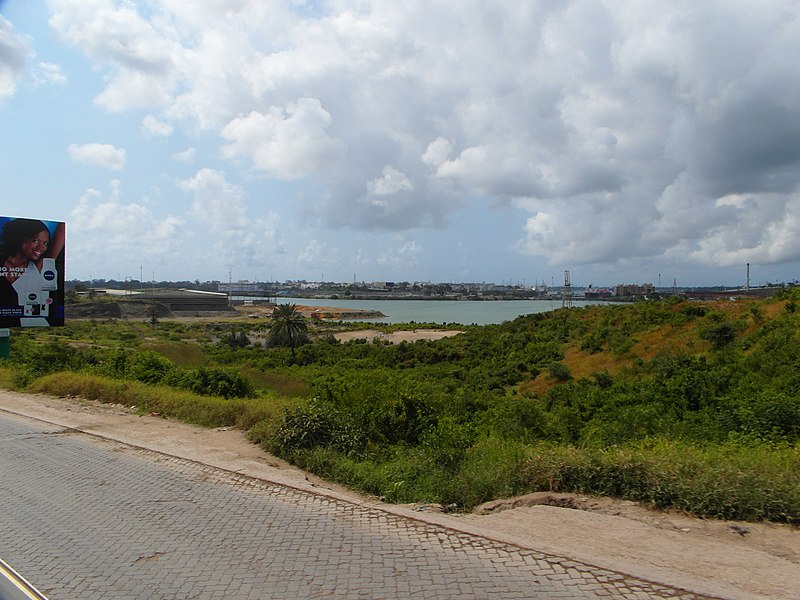
Roma Neus, CC BY 3.0
In a conversation with an architect a few months ago, he mentioned that one of his clients wanted a hotel designed for a site the client had a gut feeling would be successful. On further probing, it emerged that he based his decision on observation of the area he felt had great potential. Individuals investing in hotels are driven by interests - some by passion from their own experiences, some by the glamor, and still others by the seemingly financial windfall from hotels. Hotel Investing is a high-involvement decision - it is complex, pricey, and risky. As the investment is more often several years long, there is a need for clarity in the process to untangle the complexity, understand the process and mitigate the risks at each step.
Laura Huang, an associate professor of business administration at Harvard Business School, contends that there are two situations to apply gut feeling to decisions; where calculations of probabilities and risks are unrealistic and infeasible and where proven successful mental models and schemas don’t exist.
The clients' inexperience in hospitality and seemingly cavalier attitude to data gathering concerned the architect. Though a gut feeling can be a good wayfinder, gathering relevant data is crucial in helping build hotels that people would want. Some of the data that we would assist in collecting include; the current supply of hotels, the current sources of guest demand, trends in occupancy and use of the hotels, the most sought-after hotel amenities, and potential new hotel entrants. This data would be processed and packaged as information to aid the investor figure out the suitability of the location and the type, concept, size, and amenities their desired hotel should have to be a long-term success. For all aspiring hotel investors, trust your gut...and data.